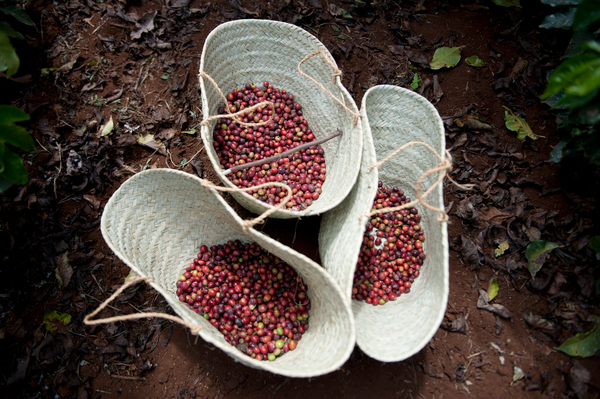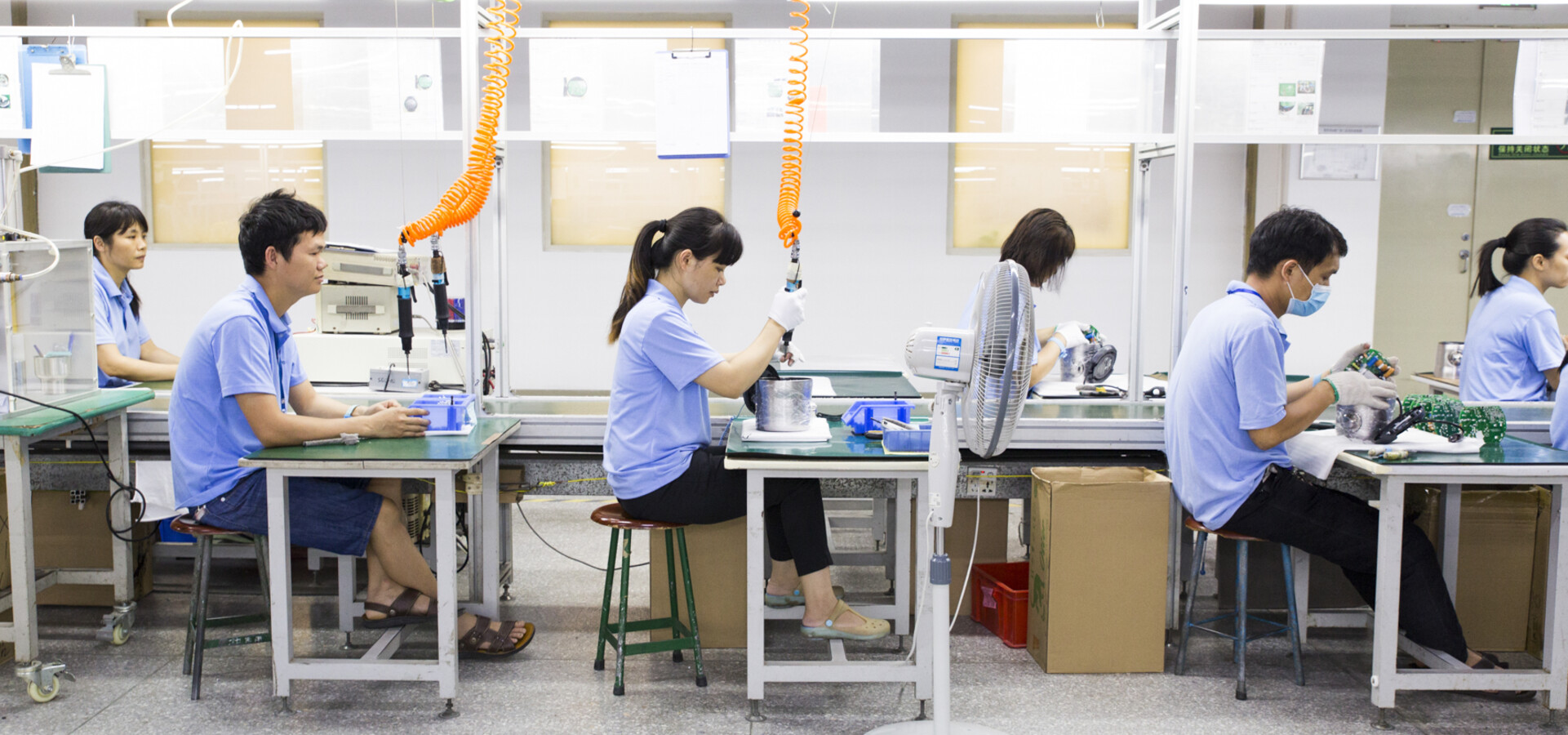Transparency is not an end in itself

Keeping track of these supply chains is a major and never-ending challenge. Yet transparency along the length of our supply chains isn’t just important because customers want more detailed information about the farming methods, country of origin, production techniques and transport of their goods. A high level of transparency and traceability in supply chains is also essential if we are to manage our sustainability activities. In addition, consumer protections and regulatory frameworks continue to evolve. This underlines the importance of transparency in supply chains.
We have been collecting and publishing the details of our supply chains for a number of years now, and have already made progress on the issue of transparency during this time. One example of this success is that, by working with a few hand-picked cooperatives, we are now able to track our Qbo Premium Coffee Beans using GPS. The coffee beans in our BARISTA range, which are 100% Fairtrade certified, can also be traced right back to their place of origin. Elsewhere, too, we are working tirelessly to make our supply chains as transparent as possible.


In 2019, we carried out supply chain mapping for the sourcing of our organic cotton, analysing our suppliers and using surveys to trace the value chains. We discovered, for example, that half of our entire supply of organic cotton comes from just twelve suppliers. The cotton itself comes primarily from India, China and Turkey. There we were able to trace which regions and, in some cases, which cotton producers supply our cotton. This information enables us to work strategically with our most important partners to reach our goal. We can now trace the cotton back to its point of origin and support farm cooperatives on the ground.
But we’ve only just begun!
Digitalisation – a must for transparency
In 2019, we began working with third-party providers to test digital solutions for transparency and traceability. After all, innovative and digital solutions are essential if we are to cope with the complexities associated with data acquisition.
We want to:
identify and record the place of origin, the growing regions, the flow of goods and the social/environmental properties of our products.
monitor our suppliers and assess them according to selected criteria.
integrate risk data (water, climate, deforestation, etc.) and make them quantifiable.
analyse supply chain information in order to improve the management of our sustainability activities and make them more impact-orientated.
publish supply chain information where relevant as well. We have already published details of our textile producers.
There is certainly a lot we can learn here in the years to come. We want a digital solution that is flexible and agile in testing and that can be tailored to Tchibo.

